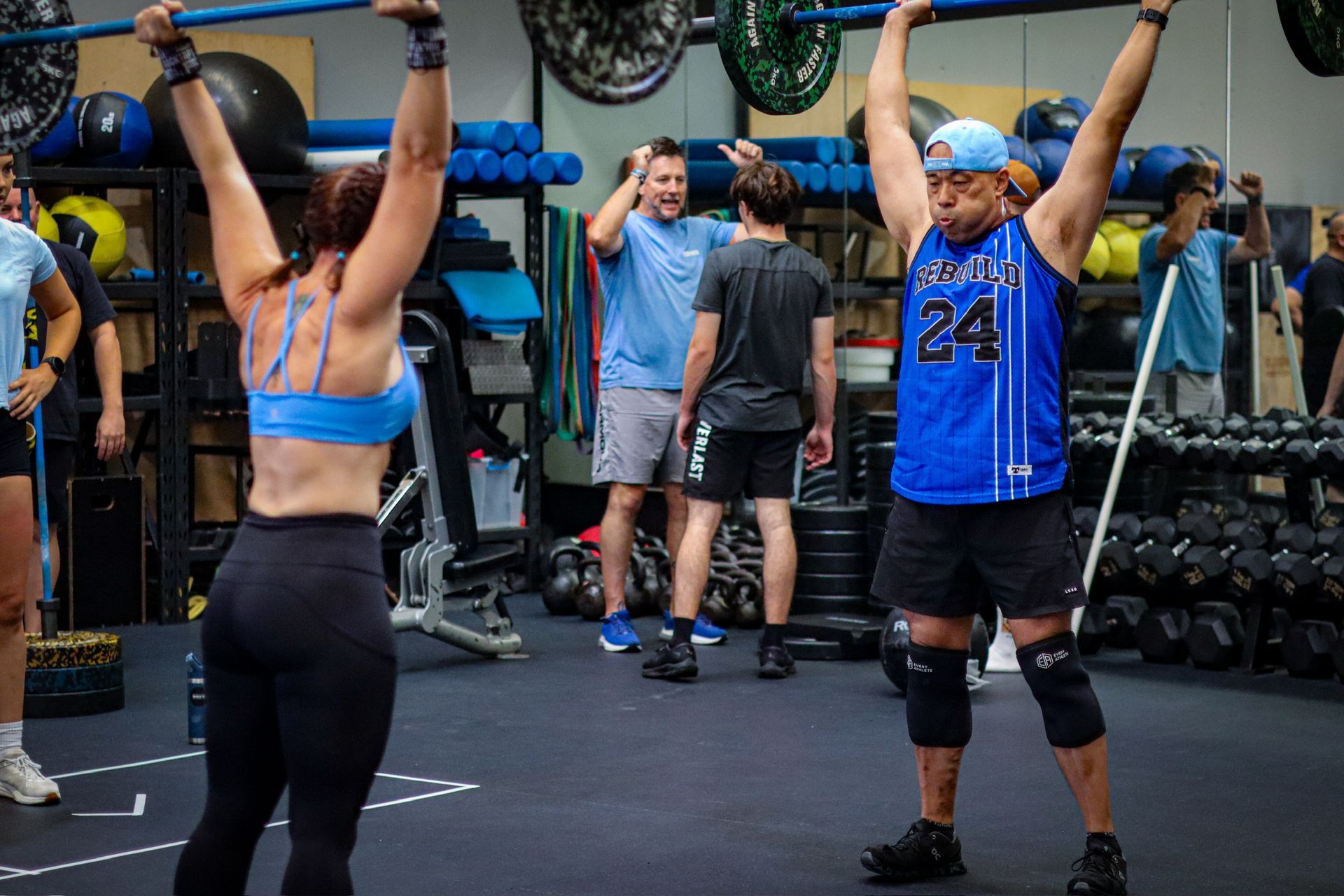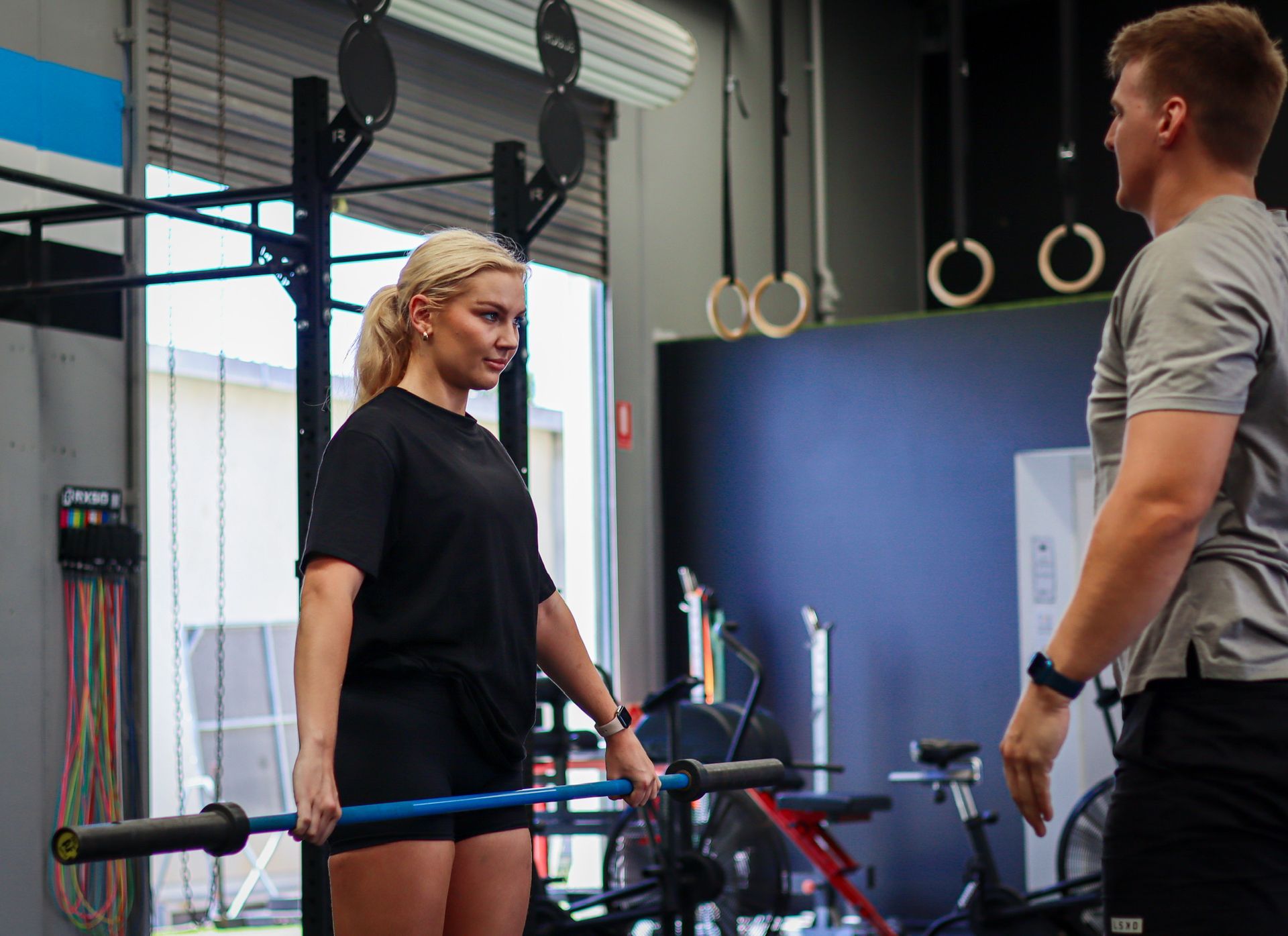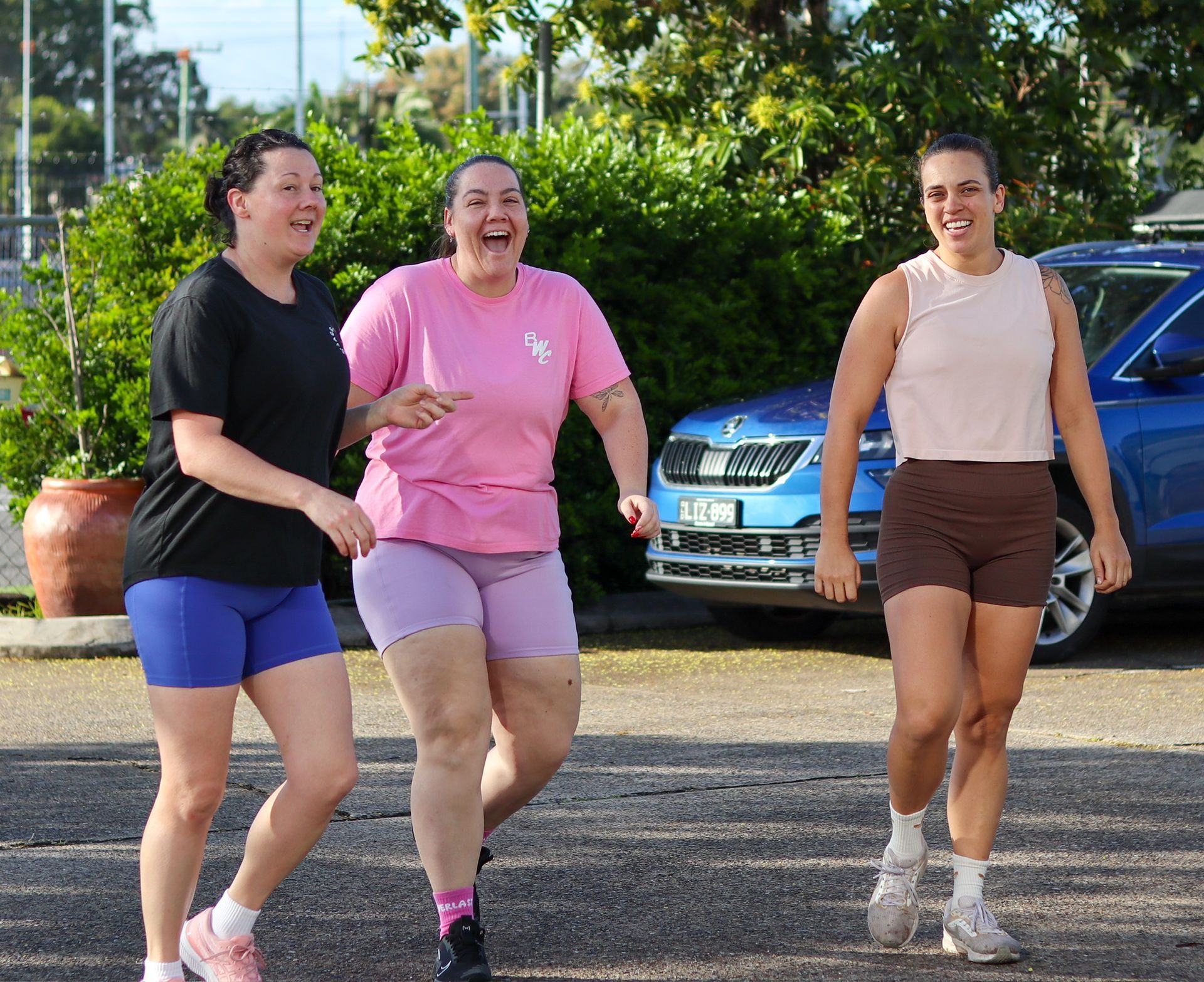Banging Benny Kite: One Of The Best Boxers In Australia
Benny Kite is a professional boxer, ANBF Champion, WBF Asia-Pacific Champion, IBF Pan-Pacific Champion, and 2020 ANBF Fighter of the Year.
Alongside his sporting achievements, Benny is also a
proud father of two and an advocate for the importance of
mindset, resilience, and training.
How Benny Got into Boxing
Boxing started as a hobby for Benny when he was just 13 years old. Growing up in
Cairns, he participated in
20–25 amateur fights by the time he was
23.
However, boxing was never a serious career consideration—until a transformative backpacking trip across the United States.
"As soon as my wife and I touched down in New York for our six-month backpacking trip, I was like, 'I need to find a boxing gym.’”
In every town they visited, Benny found a new boxing gym to train at.
Through that experience, he realized:
"I wasn’t really that far away from the guys at the top of the gyms."
Upon returning to Australia, Benny made the life-changing decision to pursue professional boxing seriously—and that's where his journey truly began.
What Has Worked for Him
Benny is the first to admit that the road to success was far from easy.
Despite his passion, it took hard work, losses, and reality checks to start seeing real results.
"Passion alone doesn't guarantee success—it’s the effort behind the scenes that makes it worthwhile."
Early in his professional career:
- Benny lost his first two professional fights.
- His future in boxing looked bleak.
But instead of giving up, he made a decision:
"If I'm going to make this work, I need to completely apply myself, put in the hard work, and leave no stone unturned."
Through persistence and resilience, Benny:
- Faced ups and downs (wins and losses)
- Focused on long-term consistency, not immediate rewards
- Eventually went on a 13-fight win streak
A pivotal moment was a fight in India where, despite training hard, he didn’t win.
That experience reinforced the need for
continuous hard work, not just one-off efforts.
What Health Means to Benny
As a professional athlete and father, Benny prioritizes health for both physical and mental reasons.
"I've got young kids, and I want to be active for them. I don't want to be a dad that sits on the couch while they play outside."
For Benny:
- Exercise isn't just about physical strength—it’s essential for mental well-being.
- Staying fit allows him to say yes to adventures, sports, and spontaneous activities with friends and family.
- Longevity and quality of life are major motivations.
Will He Let His Kids Box?
Benny believes that boxing—or martial arts in general—is valuable for children:
"Kids who box or do martial arts tend to stay out of trouble. They know what they're capable of, so there's no excitement in proving themselves on the street."
He wants his kids to:
- Learn boxing for discipline, confidence, and self-control
- Benefit from the structure and life lessons the sport provides
However, when it comes to pursuing boxing as a career:
"I'd want something a little easier for them. It's a tough game, and my wife definitely feels like she's done her time."
Final Thoughts
Benny Kite’s story is a testament to resilience, discipline, and believing in your journey even when things don't go your way at first.
His passion for boxing, love for his family, and commitment to health make him not just a champion in the ring—but in life as well.
Previous Blogs




